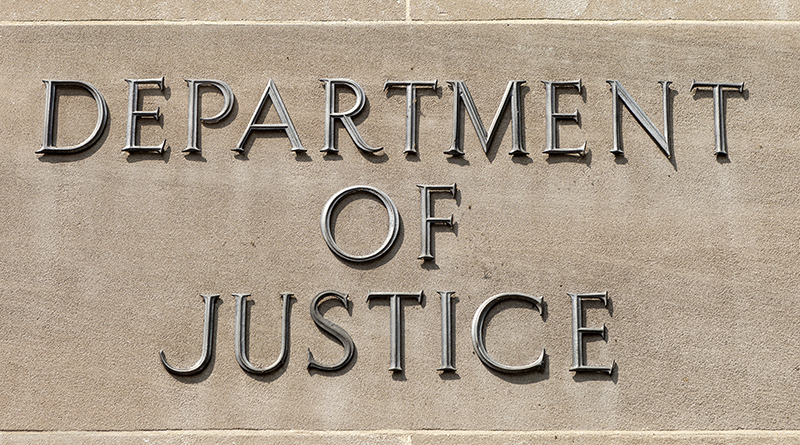
Robert Heath, a skilled IT worker and a U.S. citizen, operating without a lawyer, has won an important battle with a Dallas-area corporation that published advertisements saying it was interested in hiring specific classes of aliens; in other words, it was discriminating against U.S. citizens, according to a Justice Department press release.
The Department of Justice's Civil Rights Division on December 8 approved a settlement among Heath (the "charging party"), the Department, and Ikon Systems of Frisco, Texas, the recruiting firm in question. The key section of the settlement is this:
[The government's] investigation found that ... Ikon posted at least eight job advertisements for information technology ("IT") positions that solicited applications from non-U.S. citizens with immigration statuses associated with certain employment-based visas, and in so doing, harmed U.S. workers (U.S. citizens, U.S. nationals, recent lawful permanent residents, asylees, and refugees) by unlawfully deterring or failing to consider them for hire, including the Charging Party.
U.S. nationals are natives of American Samoa and have a near-citizen status on the U.S. mainland; they are eligible for naturalization.
The Department's press release noted:
For instance, the investigation revealed that one of Ikon's advertisements stated, "Looking for OPT, CPT, H4 EAD, and H-1B transfer." The Department also determined that Ikon failed to properly consider a U.S. citizen's application to one of the job postings due to his citizenship status.
OPT and CPT stand for the Optional Practical Training and the Curricular Practical Training programs, which provide subsidized jobs for recent alien college grads and alien students, respectively. As is always the case with government press releases, and most media coverage, that these visas carry with them a nice subsidy unavailable to citizen workers is not mentioned. H-4s are dependents of H-1B workers and an EAD is an employment authorization document issued by the Department of Homeland Security to various nonimmigrant aliens.
The provisions of the settlement included Ikon's promise to stop discriminating against U.S. workers, a promise to file a series of reports over two years regarding its hiring practices, and the payment of $27,000 to the government and $15,000 to Heath. Ikon also, I assume, had to pay a law firm to handle the case. One of the signatories of the agreement was Deepak Shivva, Ikon's president.
In 2018, Ikon, according to the myvisajobs.com web site, filed for 29 H-1Bs in 2018, for 13 the following year, and for five this year. These filings, because the H-1B program is over-subscribed, presumably produced about one-third as many workers as filings. Ikon is thus a middle-sized operator.
I had hoped that Ikon would be suspended from the H-1B program for at least a couple of years, but that option, called debarment, is rarely used by the U.S. Department of Labor.
Heath, a resident of south Florida, has filed a number of these charges, and tells me that the current one is about 200 pages long. For earlier CIS postings on Heath's work, see this one by my colleague Art Arthur (in which Heath is the charging party, but not named) and this one of mine.
For the full text of the settlement, see here.
